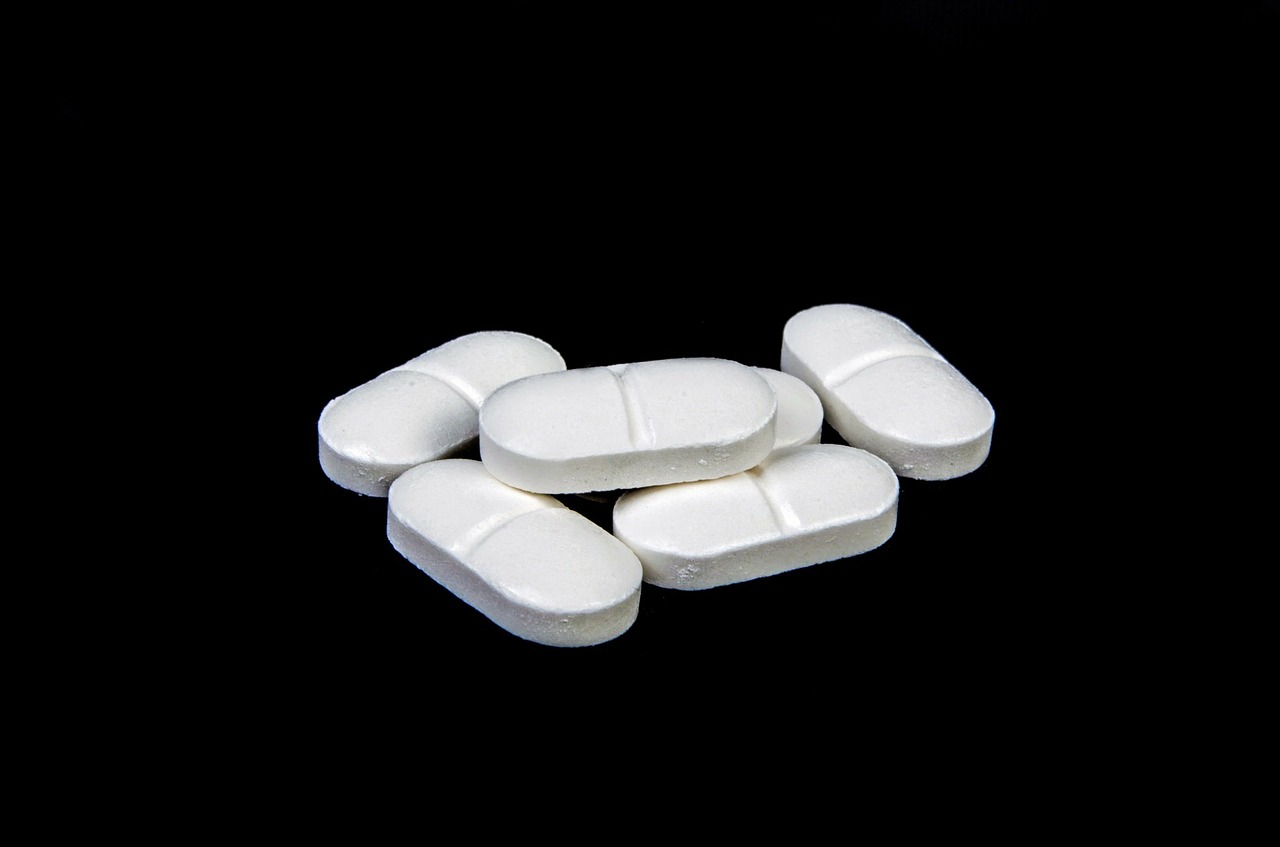News release
From:
Paracetamol is used in many illnesses for the relief of pain and fever, but a study just published in Clinical Infectious Diseases has shown that it may also help protect against kidney damage in patients with malaria.
The study led by former Menzies PhD student Daniel Cooper with A/Professors Bridget Barber, Matthew Grigg, and Professor Nick Anstey at Menzies School of Health Research (Menzies), with partners in Malaysia, found that for patients with severe malaria caused by the malaria parasite Plasmodium knowlesi (the most common cause of malaria in Malaysia), taking paracetamol regularly for 3 days led to improvements in kidney function when tested one week later.
Dr Daniel Cooper said the findings are important because they will help provide the best possible treatment to patients with severe malaria.
“Even minor kidney injury can have long-term effects, so anything we can do to minimise kidney injury from malaria will be beneficial for these patients’ long-term outcomes,” Dr Cooper said.
In collaboration with international partners, the study involved 396 people with knowlesi malaria in Sabah, Malaysia.
A/Prof Bridget Barber said that in severe malaria, red blood cells can rupture, releasing haemoglobin which can have a toxic effect on kidneys, and it’s now believed that paracetamol can help to protect against these toxic effects.
“These results are consistent with other studies conducted in patients with other forms of malaria, including in adults in Bangladesh, and in children in Africa. Importantly, these findings also suggest that paracetamol may help to protect the kidneys in other conditions that are also associated with rupture of red blood cells,” A/Prof Barber said.
The paper is available here: https://academic.oup.com/cid/advance-article/doi/10.1093/cid/ciac152/6532035



 Australia; QLD; NT
Australia; QLD; NT



